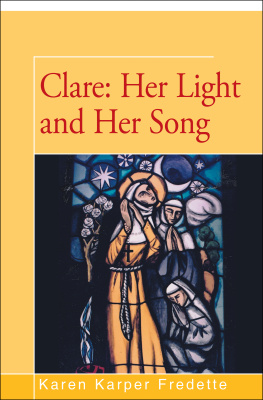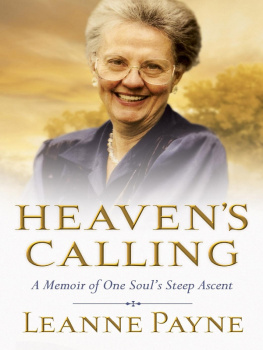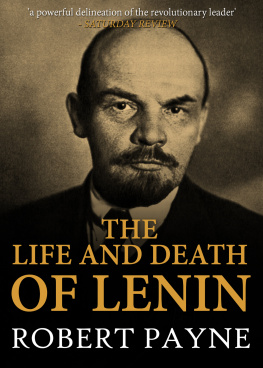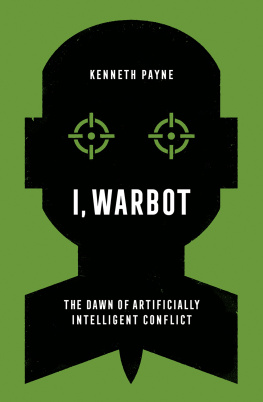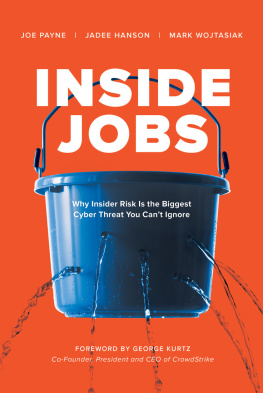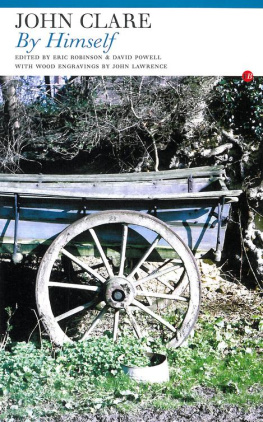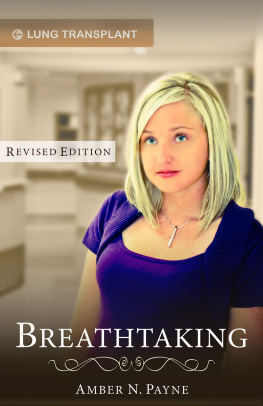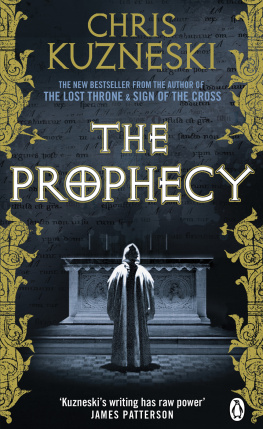Clare Payne - One: Valuing the Single Life
Here you can read online Clare Payne - One: Valuing the Single Life full text of the book (entire story) in english for free. Download pdf and epub, get meaning, cover and reviews about this ebook. year: 2018, publisher: Melbourne University Press, genre: Home and family. Description of the work, (preface) as well as reviews are available. Best literature library LitArk.com created for fans of good reading and offers a wide selection of genres:
Romance novel
Science fiction
Adventure
Detective
Science
History
Home and family
Prose
Art
Politics
Computer
Non-fiction
Religion
Business
Children
Humor
Choose a favorite category and find really read worthwhile books. Enjoy immersion in the world of imagination, feel the emotions of the characters or learn something new for yourself, make an fascinating discovery.

- Book:One: Valuing the Single Life
- Author:
- Publisher:Melbourne University Press
- Genre:
- Year:2018
- Rating:3 / 5
- Favourites:Add to favourites
- Your mark:
- 60
- 1
- 2
- 3
- 4
- 5
One: Valuing the Single Life: summary, description and annotation
We offer to read an annotation, description, summary or preface (depends on what the author of the book "One: Valuing the Single Life" wrote himself). If you haven't found the necessary information about the book — write in the comments, we will try to find it.
One: Valuing the Single Life — read online for free the complete book (whole text) full work
Below is the text of the book, divided by pages. System saving the place of the last page read, allows you to conveniently read the book "One: Valuing the Single Life" online for free, without having to search again every time where you left off. Put a bookmark, and you can go to the page where you finished reading at any time.
Font size:
Interval:
Bookmark:
Clare Payne is a globally recognised leader for her work in ethics in finance and commitment to social issues. She is a World Economic Forum Young Global Leader and has been recognised by the Australian Financial Review and Westpac as one of their 100 Women of Influence. She co-authored A Matter of Trust: The Practice of Ethics in Finance. Clare is a former employment lawyer and an accomplished marathon swimmer.
O
N
E
VALUING THE SINGLE LIFE
Clare Payne

MELBOURNE UNIVERSITY PRESS
An imprint of Melbourne University Publishing Limited
Level 1, 715 Swanston Street, Carlton, Victoria 3053, Australia
mup-contact@unimelb.edu.au
www.mup.com.au

First published 2018
Text Clare Payne, 2018
Design and typography Melbourne University Publishing Limited, 2018
This book is copyright. Apart from any use permitted under the Copyright Act 1968 and subsequent amendments, no part may be reproduced, stored in a retrieval system or transmitted by any means or process whatsoever without the prior written permission of the publishers.
Every attempt has been made to locate the copyright holders for material quoted in this book. Any person or organisation that may have been overlooked or misattributed may contact the publisher.
Cover design by Evi O. Studio
Typeset by Sonya Murphy, Typeskill
Printed in Australia by McPhersons Printing Group
| A catalogue record for this |
9780522872545 (paperback)
9780522872552 (ebook)
For those with an open mind, however slightly.
Contents
Authors Note
Researching and writing about single people ended up being a bigger task than I first thought, and at times I wondered if Id bitten off more than I could chew. I soon realised many factors are at play in how single people are perceived: some are large, some small, some societal, some specific to individual situations. Many of the topics I touch on could make for separate studies in themselves. Ive attempted to address what I see as the biggest issues, but there are likely others some will believe Ive missed. Regardless, I hope One gives new insights into the lives of single people and our society. I felt an urgency while researching and writing because I see a need for single people to have a greater public voice and be a bigger part of social commentary and policymaking in government, business and the community.
As with all authors, my perspective is shaped by my own background and experiences. Ive attempted to read and consult widely to fill the gaps in my own knowledge and challenge my own beliefs. Ive also been conscious of focusing on the lives of single people rather than on critiquing marriage. Marriage is right for some, but this book is about those who are not marriedits about single people.
I hope you, the reader, will learn something from these pages, as I have. Of course, theres much more to know, and I look forward to learning more as people respond and as the future rolls out before us. Hopefully, on reading One, we might all be a little better prepared for it.
Clare Payne
November 2017
Chapter 1
So Just Who Is Normal?
Singled Out
For over a decade I held a position on the board of a large not-for-profit organisation, which Id joined when I was in my twenties. In that time I had at least three boyfriends. I also had stretches of being single, but my fellow board members, who I didnt mix with socially, wouldnt have known. Over the years, if they inquired as to how my boyfriend was, I would just say Good, even if Id changed boyfriends or was single. In conversations about his work, he would move from one field to another. I didnt announce break-ups or explain single periods or new relationships. Instead, I had a boyfriend I talked about who was a mix of the boyfriends Id had.
When I think about why I did this, I could easily conclude it was because I didnt want to seem flighty or unstable, or even worse, promiscuous. But while it was about the perception of me, the desire to be seen in a certain way related to something much bigger. Through my actions, I was responding to a pressure that was much larger than me and my life. I wanted to appear that I had it together, that everything was stable on the home front, as it was supposed to bethe majority, if not all, of my fellow board members being married with children. I wanted to appear adult and worthy of my leadership position. I wanted others to think that in life, as at work, I had good judgement.
Of course, I was already adult, and perhaps the rest of it as well. However, I assumed my colleagues held a particular notion of a proper adult life and I thought I wasnt living it yet, not if I was still single or changing partners. The realisation I had obscured part of my life, and so lost opportunities for connection, understanding and empathy, led me to wonder what it meant to be an adult and what counted as a good life. After researching, and with a new-found awareness, the subtle and not-so-subtle forms of bias against everything outside the perceived norm of getting married and having children became apparent.
Working as a professional in large law and finance firms, Id already developed a hunch that there was a negative bias against single people, and in particular single women. As a former employment lawyer, perhaps I had a more finely tuned radar for identifying discrimination and stereotypes that disadvantaged certain groups.
Legislation is now well established to protect people from discrimination based on sex, race, disability, sexual orientation and even marital status, although its most commonly assumed that protection is needed for married women, rather than women and men who are not married. Yet, despite these protections, discrimination continues to affect the lives of people every day. Calling this out should remain an area of continued focus until there are no more cases. Its important to be constantly analysing barriers to the advancement of individuals and groups, particularly when it comes to work and how we live our lives. As a society, we must remain aware of evolving attitudes and changing patterns of behaviour, for while we focus our attention on dealing with one issue, another may be emerging. I believe this is the case with bias, and in some cases discrimination, against single people.
Single people are singled out, from what may seem like small things, such as invasive questioning as to why someone is still single, to accusations of being too picky or selfish, to assumptions that single people, apparently lacking the accountability of a relationship, are not responsible or trustworthy. Such assumptions have great implications, affecting everything from service in restaurants to job prospects, to managing personal finances, even the value given to a life.
As workplaces and politicians continue to tailor initiatives and benefits to familiesnuclear, that isthe single person is often forgotten. Theyre seemingly invisible at a time when living single is more common than ever, and is set to become more so. Discrimination and bias based on being single might not be the worst thing that an individual suffers, but for some it will be the biggest and most distressing issue they faceas with most things, it all depends on the person. Im not seeking to compare forms of discrimination; Im simply seeking to establish that discrimination and bias against single people exist.
Next pageFont size:
Interval:
Bookmark:
Similar books «One: Valuing the Single Life»
Look at similar books to One: Valuing the Single Life. We have selected literature similar in name and meaning in the hope of providing readers with more options to find new, interesting, not yet read works.
Discussion, reviews of the book One: Valuing the Single Life and just readers' own opinions. Leave your comments, write what you think about the work, its meaning or the main characters. Specify what exactly you liked and what you didn't like, and why you think so.

